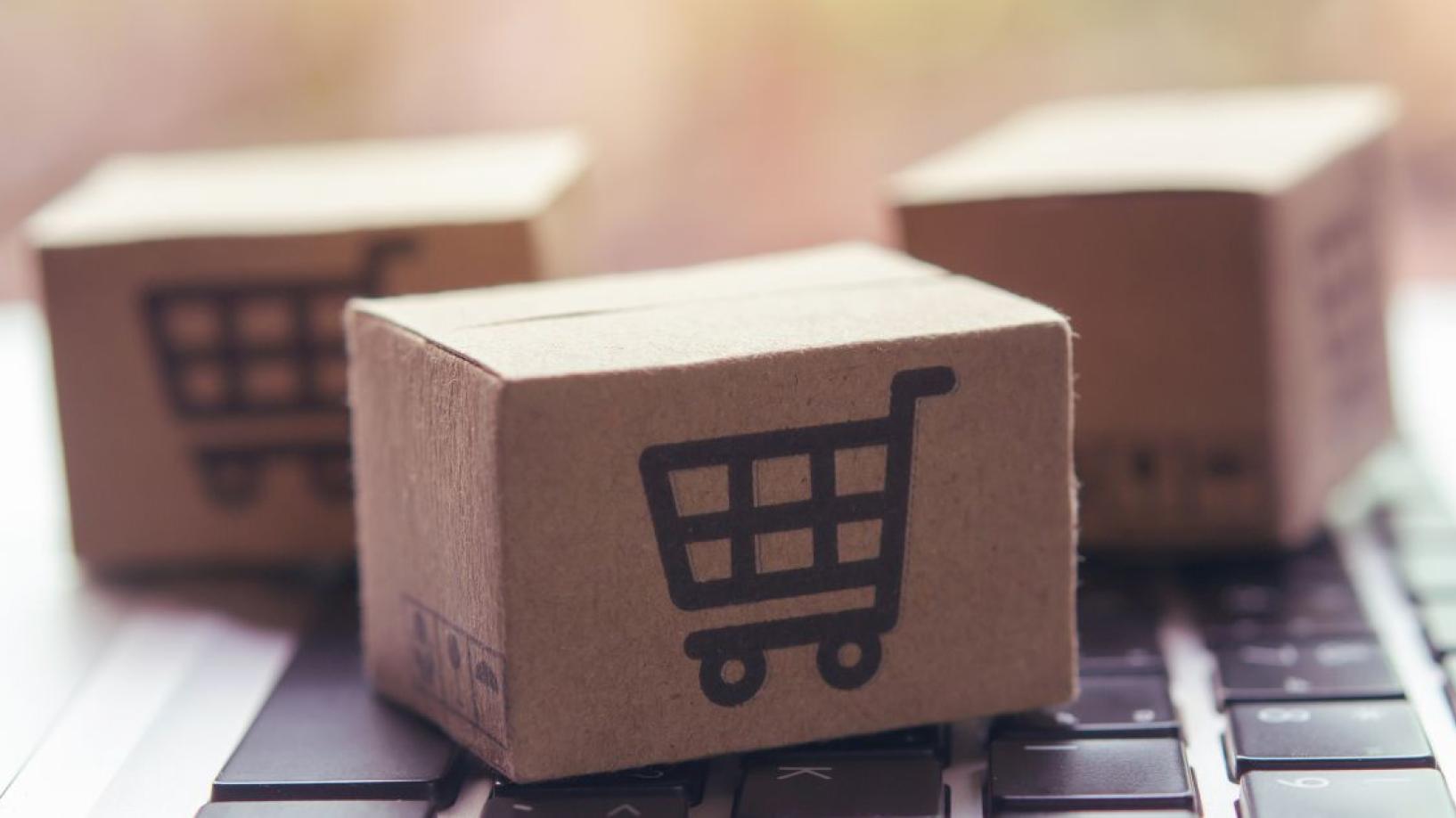From the CEO
I have a distinct memory of discussing with Treasury officials the impending roll-out of retail competition in the energy sector. What I remember most was the unanimous and sincerely held view that competition would prove to be a great social leveller because people on the lowest incomes would have the greatest incentive to seek out cheaper contracts.
25 years have passed, and the reality is quite different.
I’m sure that every market contains some level of friction impeding perfect - classically ‘rational’ - outcomes. Anyone looking at energy would have to conclude that these obstacles are high and, for many, insurmountable. And the ACCC has just proved this.
A recent report noted that 79% of households are paying more than they could - or should - if they signed up to a better deal. In fact, nearly half (47%) of all residential consumers are paying at or above the reference price (remember, this is not in itself a low or even competitive price; it is designed for retailers to price their acquisition contracts under). What’s happening? Without realising, customers who stay with their retailer are paying more and more over time. The ACCC quite rightly calls this a ‘loyalty penalty’. And a troubling proportion of those paying too much are those who can least afford to.
So, why aren’t people looking for better deals? Well, clearly some are - but a great many are not. I grow increasingly tired of hearing the responsibility for this sits with consumers because they are disengaged, time-poor, or lazy. When 4 out of 5 consumers are paying over the odds, the responsibility lies elsewhere. I feel very strongly that there are structural barriers that actively prevent consumers getting better outcomes. Among them:
- older contracts often include conditional discounts that many - particularly those struggling financially - will rarely achieve.
- when a market contract ends, many retailers don’t put customers back on the reference price. Instead, the price just goes up…and up. And don’t forget, prices can also go up during the course of a contract.
These are contract issues that we are asking governments and retailers to address. However, this would not be enough to move the dial sufficiently. Why? Consumers struggle to understand energy pricing and so consistently find it difficult to compare offers. Even the sites designed to help consumers do so (Energy Made Easy and Victorian Energy Compare) struggle with the enormous complexity.
Contemplate this: our independent surveying shows 36% of all consumers (and, worryingly, 44% of renters and 48% of people who say they struggle to pay their bills) are unsure what tariff structure they are on. All of the behavioural nudges in the world on simplifying bills - but not prices - haven't helped. Imagine if 36% of people in a supermarket couldn’t read the price labels, or at a petrol station couldn’t see what it cost to fill their car. I’m pretty sure there’d be a massive outcry saying this is unfair. Well, yes.
I think the well-intentioned Treasury officials I met all those years ago would have been horrified with a market in which 36% of people are unsure what price they are paying, 47% are paying at or above the (uncompetitive) market price, and 79% are paying more than they need to.
We’ll have more to say on these issues in coming months. Stay tuned.
Brendan
Join our newsletter community
Not a member of our newsletter community? Want to stay up to date on the latest news and research on energy issues that impact consumers? Sign up to receive our monthly newsletter today.

